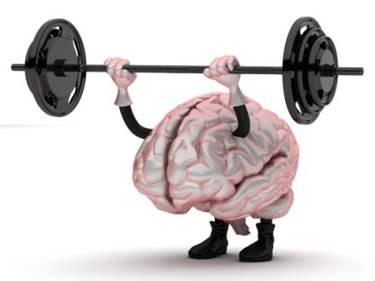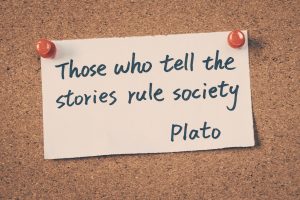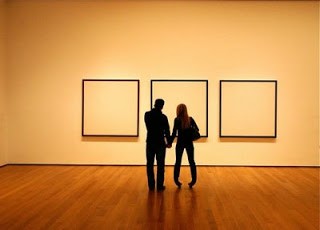CLE Seminars
*Live or remote via Zoom
Gather your partners and associates, invite a few select colleagues, loosen your tie, kick off those shoes, and slip down the hallway for a lunchtime, half-day, or full-day seminar, right in your own conference room. Or, click on your Zoom invitation and watch from home in your “comfy clothes.”

You will hear new techniques and concepts that you can apply immediately to your most pressing case AND earn CLE credits. Some attorneys [during the Story-Telling seminar] have been able to bill some of their in-seminar time to their client because we work directly on their case issues.
That’s right, we’ll come to you! Earn your CLE credits during lunch! Your entire firm earns CLE credits at the same time. We’ll present any one of our accredited seminars in your office or remotely. If you have several firm locations, we can tap another office in by video conferencing to make the most of our presentation. You don’t need to be bothered with the logistics of planes, trains, automobiles, hotels, meal expense reports, or receipts. We are right there in your home base.
Scientific Trial Preparation
(1- and 2-hour versions)
Knowing how jurors react to your case is vital to the litigation process. The most critical variable in making strategic case decisions is simple: listen to and believe in the feedback generated in pre-trial research.
 Attorneys face a dilemma when they present information to their audience. The dilemma is that their audience cannot give them feedback on how they are doing until it is too late. Other “performance” jobs have instant feedback built right in—actors, public speakers, and athletes—always know exactly how they are doing in real time. Courtroom rules, however, prohibit attorneys from getting this real time feedback from the people who count the most—the jury.
Attorneys face a dilemma when they present information to their audience. The dilemma is that their audience cannot give them feedback on how they are doing until it is too late. Other “performance” jobs have instant feedback built right in—actors, public speakers, and athletes—always know exactly how they are doing in real time. Courtroom rules, however, prohibit attorneys from getting this real time feedback from the people who count the most—the jury.
This seminar teaches attorneys how focus groups and mock trials can assist them in filling that feedback void—that “black hole”—that Bermuda Triangle—of performance information. Valuable, case-specific data can be generated to shape your presentation and strategies in preparation for settlement conferences, mediation/arbitration, voir dire, and for the trial itself.
“Prediction is very difficult, especially if it is about the future.” ~Niels Bohr, Nobel Prize-winning physicist
Scientific Trial Preparation will provide the data to tell attorneys:
- How to make their presentations understandable and memorable to their audience;
- How jurors will likely process facts through their natural biases;
- Which types of jurors might be irreversibly biased against their side of the case;
- What arguments can change opinions 180 degrees.
Generating this valuable feedback ahead of time gives attorneys that winning edge.
Story-Telling Model
(1-, 2-, 4-, or 8-hour versions)
If you asked people in general, “Would you rather go to a movie or serve on a jury?”, which one would they pick? A movie of course!

 This seminar helps you overcome your biggest hurdle in creating a compelling opening: “thinking like an attorney”. Remember the first question: “Would you rather go to a movie or sit on jury duty?” Your jury is going to be made of 8-12 people who said, “movie.” So, let them have both. See them as your audience, not as your jurors.
This seminar helps you overcome your biggest hurdle in creating a compelling opening: “thinking like an attorney”. Remember the first question: “Would you rather go to a movie or sit on jury duty?” Your jury is going to be made of 8-12 people who said, “movie.” So, let them have both. See them as your audience, not as your jurors.
This interactive seminar allows you to work on your upcoming case, get feedback on your themes, and walk out of your conference room with a story-based outline for your opening.
A Picture is Worth 999 Words
(1- or 2-hour versions)
Create a case presentation that engages your audience. Engagement requires at least two senses, so make sure that they see AND hear your story.
 The research is voluminous. It is irrefutable. The combination of a visual display and an oral presentation is the most effective way to communicate to jurors. The combination will increase juror memory and comprehension. Jurors expect this combination: it is the way people receive information these days. This seminar will introduce you to the “whys” and “hows” of creating effective visual presentations for openings, expert witnesses, and closings.
The research is voluminous. It is irrefutable. The combination of a visual display and an oral presentation is the most effective way to communicate to jurors. The combination will increase juror memory and comprehension. Jurors expect this combination: it is the way people receive information these days. This seminar will introduce you to the “whys” and “hows” of creating effective visual presentations for openings, expert witnesses, and closings.
“Every now and then one paints a picture that seems to have opened a door and serves as a stepping stone to other things.” ~Pablo Picasso
